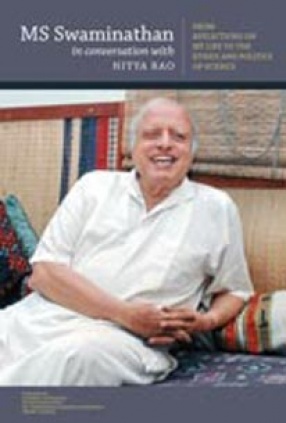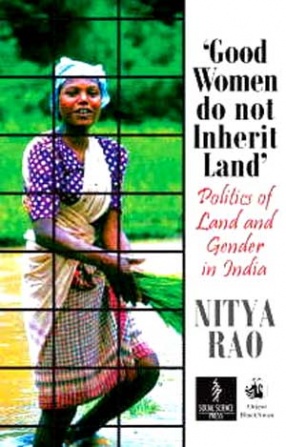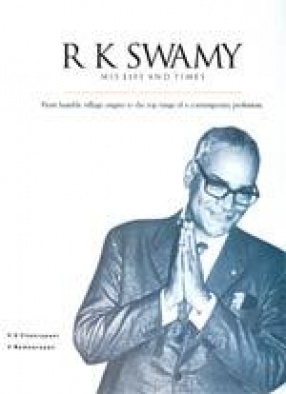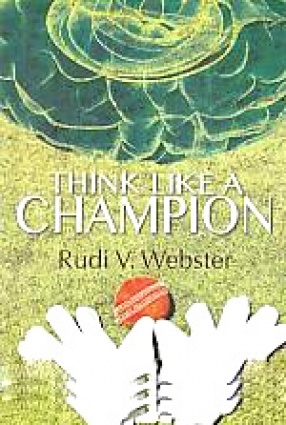This book consists of two parts, written at different times and with different purposes. They are not sequential, yet belong together. The first tells the story of the life of M.S. Swaminathan, and his dream of securing human dignity through food sovereignty in India, and the second reflects on the implications and nuances of the story.
The first part of the book is more biographical in nature; a large number of experiences throughout his life are discussed, not necessarily in chronological order. Part two, however, is more reflective in nature, and concerned with issues which had to be confronted in the course of his career. In this part, he reflects on how politics has influenced and shaped the course of agricultural development; and how different ethical stances, often in conflict, have come into play. This is not just a historical account, but equally valid in present times.
Contents: Foreword. Introduction. Part I: Reflections on My Life. Introduction. 1. Putting people first. 2. Recognising women’s contributions. 3. Education, information and social mobilisation. 4. Upholding human and national dignity. 5. Motivating and managing people. 6. Science in the service of society. 7. Dealing with criticism. 8. Dealing with the state: issues of governance. 9. Contextual embeddedness and cultural diversity. 10. Maintaining high ethical standards. 11. Unfinished agendas. 12. Conclusions: the making of a leader. Part II: The Ethics and Politics of Science. Introduction. 1. From ship to mouth to right to food: a 60-year journey. 2. Grain mountains and hungry millions: the reality of agrarian distress. 3. The politics and economics of seeds. 4. Integrated planning and management of resources. 5. Social, demographic and gender dimensions of science and technology. 6. Agricultural research strategies. 7. Science and public policy.






There are no reviews yet.